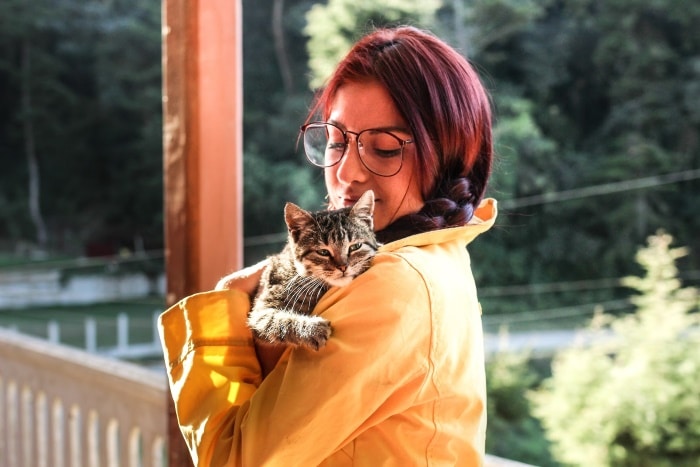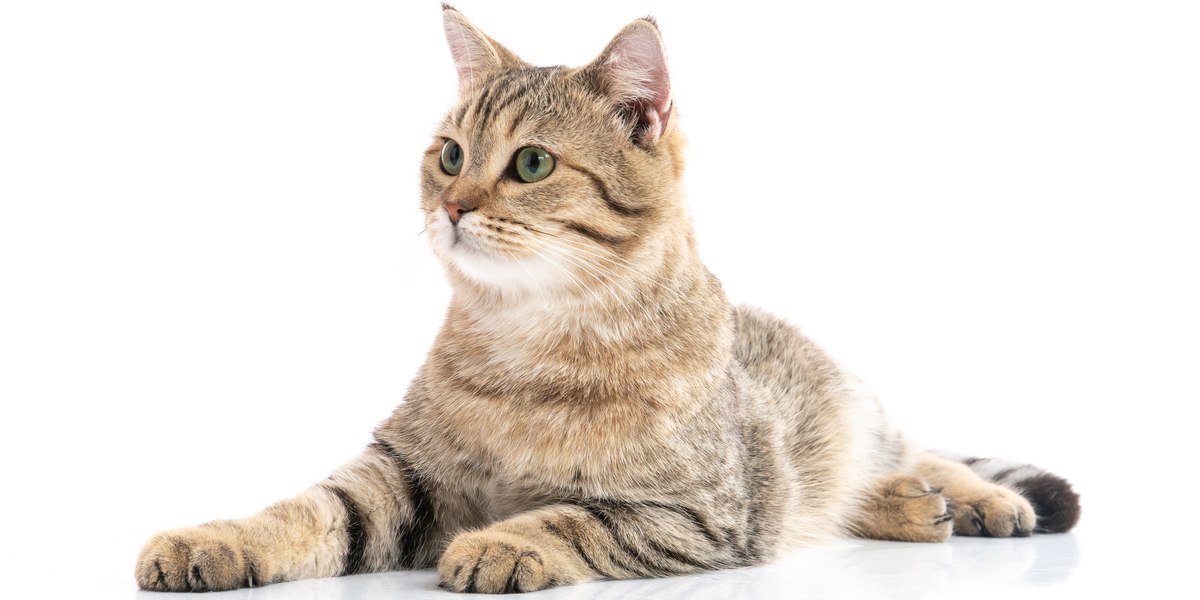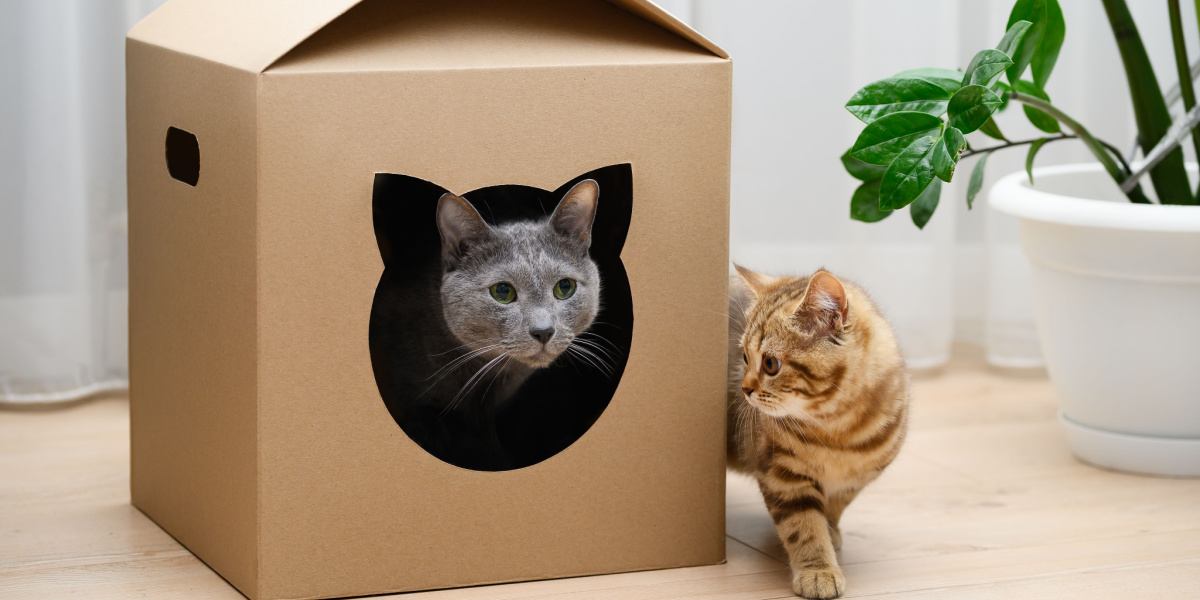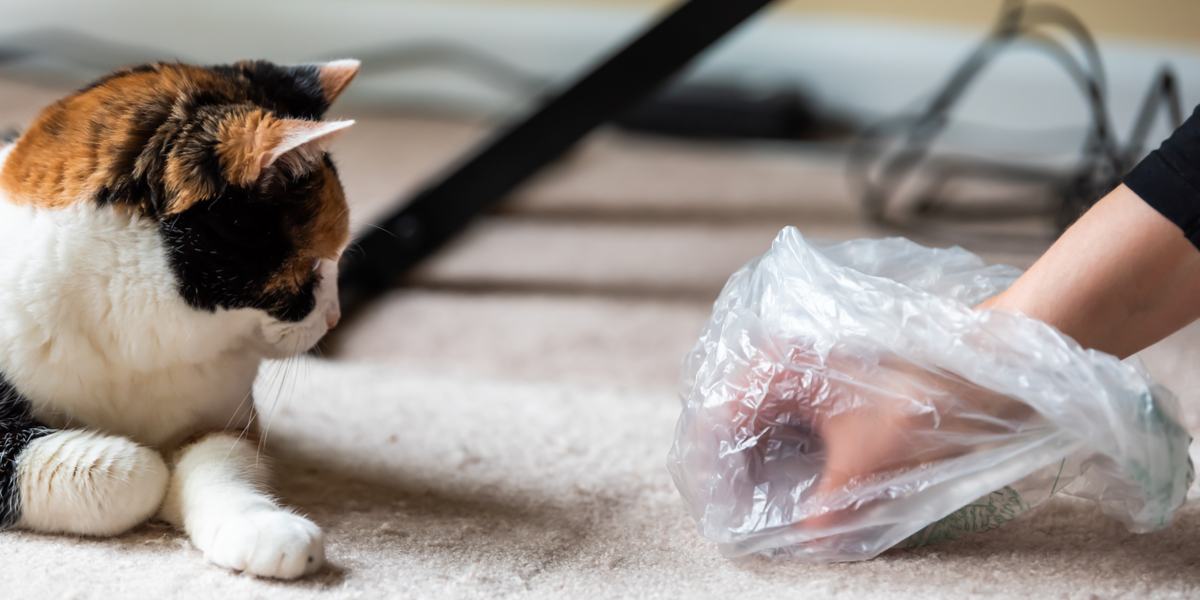How Long Do Cats Live?
This page contains affiliate links. We may earn money or products from the companies mentioned in this post through our independently chosen links, which earn us a commission. Learn More
Cats are curious animals. They love to look around and see what sort of interesting places they can venture off into. With this being the case, sometimes, they may be putting their lives in more danger than they know.
As a cat owner, it is important to keep an eye out for your feline, regardless of how independent it is. You wouldn’t want it to end up dying of unknown causes, without ever knowing why.
Calculating A Cat’s Life
Unlike the common misconception, cats are not seven years of one human year. The way they age is much different than what we actually expect. During the first year of a cat, your feline friend reaches the age of what would be equivalent to a 15-year human person, and then 24 by the age of 2.
From that point on, it is said that a cat starts to age four years for every human calendar year, so roughly calculating, any cat that is about 5 in cat years would be about 36 human years.
Other ways you can go about identifying how old a cat is (roughly speaking) are through the following:
- Teeth – Depending on how stained they are, you can tell whether they are old or not. Senior cats tend to have more staining. If there is some tar build up, this could mean they are anywhere from 3-5 cat years.
- Muscle – Older cats are much bonier, with less muscle-tone around their body. On top of that, their skin is looser, meaning it is probably hanging more than it would of a younger cat.
- Coat – Younger cats tend to have softer coats, while senior cats are coarser. Also, much like humans, older felines will have grey and white patches.
- Eyes – If the cat has a bit of haze and cloudiness in their eyes, this means they are most likely older.
The Average Lifespan
How long a cat lives truly depends on whether or not they are taken care of with the right amount of attention. Although it is noted that the average lifespan could be anywhere from 10-12 years, some cats could go up to even 20 if they are properly vaccinated, loved, and cared for.
How long a cat lives also is quite dependent on whether or not they are an indoor or outdoor cat. Their environment greatly affects their lifestyle and in turn the length of their life.
- Indoor Cats – Generally speaking, indoor cats live up to 12-18 years of age and if well nurtured can go up to 20, as we mentioned above. This might be due to the fact that they get the right nutrition, shelter, safety, and comfort that comes with having an owner.
- Outdoor Cats – As to be expected, outdoor cats have much shorter lives since they are constantly at risk with the world. Whether it is dying from a car accident or attacks from wild animals, felines that live outside have a higher chance to get killed. Furthermore, outdoor cats are also susceptible to getting Feline Immunodeficiency Virus, something that is spread through contact with other infected cats.
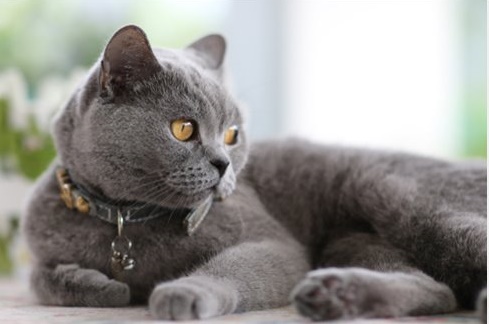
When A Cat Ages?
There are plenty of things that occur when a cat ages, much like any other mammal. Like humans or dogs, they undergo physical and behavioral changes that owners should be wary of so they know the right precautions to take. Some of the following factors to look out for are:
- Groom Less – They do not lick as frequently. This may result in more matting and skin odor, which also means that during this period, you may have to shower your pet more than you used to.
- Hearing Loss – Like many aging mammals, cats begin to lose their hearing as they get older, meaning they may not be as alert as they used to.
- Feline kidneys – This is a common disease amongst older cats, as many cats, if not taken care of properly may undergo an impaired function of their kidneys.
- Hypertension or hyperthyroidism – A lot of times, cats are prone to this sort of diseases and conditions that may result in a weaker body.
- Loss of memory – Much like humans or dogs, as cats age they begin to wonder, and meow much more frequently than they used to.
- Looser skin – Older cats tend to have less elastic skin and in turn, reduced blood circulation.
Ways To Prolong The Life Of A Cat
There are plenty of ways to make sure your cat gets the best care and attention, that will inevitably result in the increase of its lifespan. Some things that owners may be responsible for doing may be:
- Feeding a balanced diet – This is undoubtedly one of the most important aspects of helping one remain fit and healthy. Making sure they are eating the right products and have a regular dietary plan set out for them is key.
- Exercise – Of course, much like their diet, cats need to be taken out and regularly exercised. This doesn’t mean taking them out for a stroll as you would a dog but simply allowing them to roam around the home or outside (if you trust that it will come back)
- Limit stress – No dog, cat, or human react well in stressful environments. Make sure they are in a place they feel comfortable and safe in.
- Regular checkups – It is important to take your beloved cat to a vet regularly. This will help to get it vaccinated often and in turn find any diseases that it may discover.
- Maintain weight – This goes back to feeding it the right food, make sure to check up on its weight regularly. Without the right conscious awareness of this aspect, they may end up carrying much more weight than they are supposed to, and this, in turn, will negatively affect their health.
Dietary Needs
A cat primarily eats meat as they are inherent carnivores. This means that, even if you are going about trying to feed them greens, you should always try to include a bit of meat. There are plenty of available food options for cat owners. For one, it is important to note what sort of things they should and should not eat. By knowing this, you are one step closer to making sure they live as long as possible.
Carbohydrates are actually quite harmful to cats. In fact, lactose of any kind is not that great for a cat. They decrease the amount of protein that is digested, and this is a bad thing for them since protein is their life source. Compared to a dog, a cat requires much more protein to get them moving, with at least 140 g/kg of protein a day.
Another thing that is very important for a cat is amino acids. Whether it is taurine, methionine, or crystine, a cat’s health will suffer greatly if they are not provided this on a regular basis.
Final Thoughts
All in all, cats are innately wild creatures. Whether they are domesticated or not, they love to roam around and explore their surroundings. Even if this is in the comfort of their own home, make sure they are placed in a safe environment, where they do not stress easily. On top of that, by giving them the right foods to eat, you can assure that your cat, whatever breed it may be, can live a life that is full of happiness and love. There is no better way to prolong a life than that.






